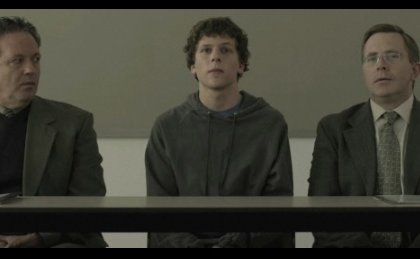Why you can trust 12DOVE
“Every creation myth needs a devil,” notes one of Mark Zuckerberg’s attorneys as the Facebook creator resigns himself to legal defeat. The Social Network is the story of one man’s God complex igniting his demonisation. It’s what happens when anarchy is assimilated – how rebellion gets contorted into money.
Facebook began as a popularity contest and, beneath the six-year digital limescale of Pokes and Likes and earnest Comments and ranty Wall postings, it still is.
Writer Aaron Sorkin skewers Zuckerberg (Jesse Eisenberg) as a talented hacker/prankster who took someone else’s good idea and made it better. Stung and steaming after being dumped by his girlfriend (Rooney Mara), Zuckerberg vents by keyboard, launching a fusillade of bilious blog posts which tickle the prurience of his fellow Harvard students.
From there, he strips yearbook photos from the various Harvard houses and compiles ‘Facemash’ - a compulsive binary game of ‘Who’s Hottest?’.
Juiced by the campus-wide voyeuristic zeal and smarting from an IT knuckle-rap, Zuckerberg evolves the idea of a self-serving social matrix – a buzzing, organic hive of clutter, chatter and personal affect.
But where did he get this crazy idea from? As the renamed ‘thefacebook’ mutates and circulates from college to college, state to state and country to country, he’s challenged for intellectual ownership by fellow students Tyler and Cameron Winklevoss (both played by Armie Hammer).
How much ownership can roommate and financial backer Eduardo Saverin (Andrew Garfield) cling to? Will Zuckerberg’s friendship with Napster founder Sean Parker (Justin Timberlake) boost or break his real-world social standing?
And can he transform his petulant pleasure into a gainful business plan? Does he even want to?
From here, Fincher and Sorkin split the tale into three timelines, skipping back and forth between the emerging present and Zuckerberg’s double-headed future deposition.
It’s bold - risking confusion and fatigue from anyone unfamiliar with the story. But the restless context and precision editing meshes thrillingly with the verve and venom and the ricocheting blame and counter-blame.
Sorkin’s view of his characters’ cultural awareness is a little too pat, too researched. “We used to live on farms, then in cities…” splutters Parker. “Now we’re all living on the internet!”
There’s also little sense of where these people came from – making it an effort to care about where they’re going. Rich kids getting screwed out of money? Surely they can just get a top-up from the trust-fund…
Garfield is wronged and whiney, while Timberlake plays Parker as a swaggering playboy – the bad influence that curdles Zuckerberg’s good intentions.
In a curious echo of Fight Club, he’s the film’s Tyler Durden – a cooler, sharper avatar/mentor whose charm blinds Zuckerberg to the implications of his bad decisions.
But it’s Eisenberg’s performance that captivates - icky and icy but strangely sympathetic.
He captures Zuckerberg’s jittery cadence and sharkish propulsion without resorting to Rain Man caricature, giving him the air of someone struggling to squeeze a little gain from all the pain; who’s started something he can’t figure out how to finish.
Next: The Social Network verdict [page-break]
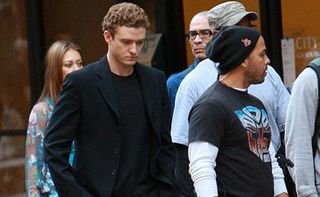
The story of Facebook runs parallel with the story of how the internet has blurred our public and private lives. It’s a story that, like the social network itself, is still in motion, constantly being revised and rewritten.
But in the glare of such a contemporary spotlight, Fincher hasn’t flinched. His unreliable narrators and multiple perspectives present a case that could be argued in many ways but isn’t drained of drama by aiming for journalistic balance.
He’s found the elusive sweet spot between offering a dry faux-documentary and printing the legend.
So, The Social Network is a creation myth.
But it succeeds because it doesn’t portray Zuckerberg as the devil – just a nerdy guy who hit on a cool and easy way to make friends and was a little too eager to pick up a few enemies along the way.
Or, as the attorney so memorably summarises, “You’re not an asshole, Mark. Just someone who’s trying too hard to be an asshole”.
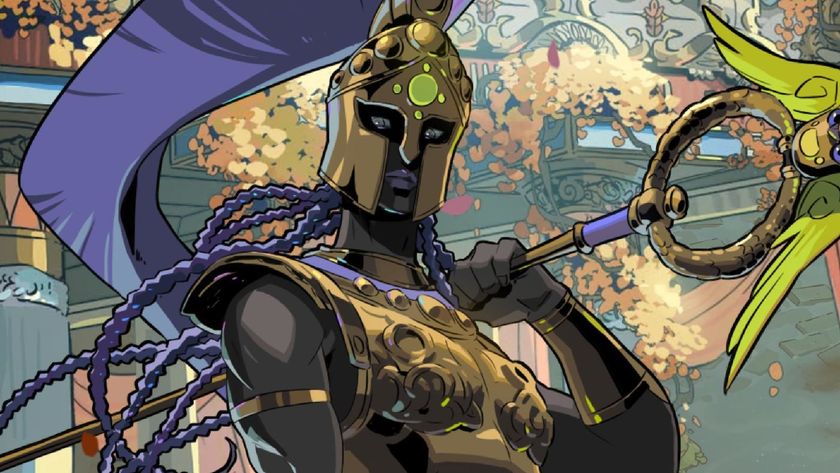
Hades 2 devs say "we have not recast any of our characters" in the roguelike amid concerns during the ongoing SAG-AFTRA video game strike
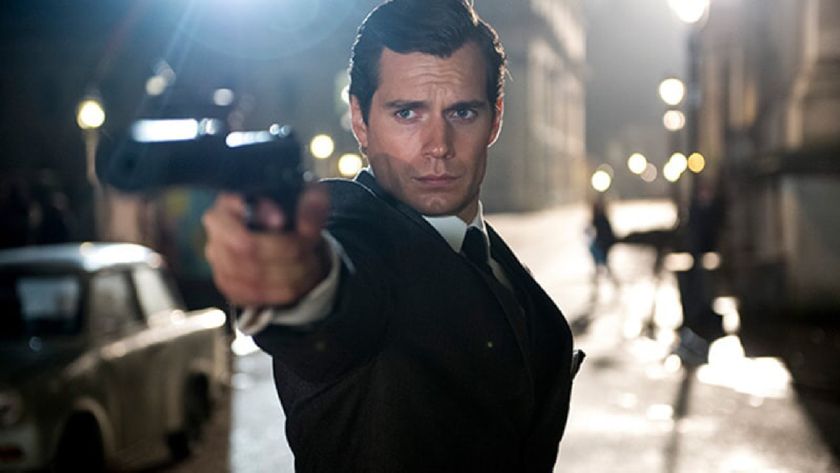
After Amazon lands control of James Bond, Jeff Bezos turns to social media for ideas with predictable results as stans of all kinds swarm his replies: "Who’d you pick as the next Bond?"
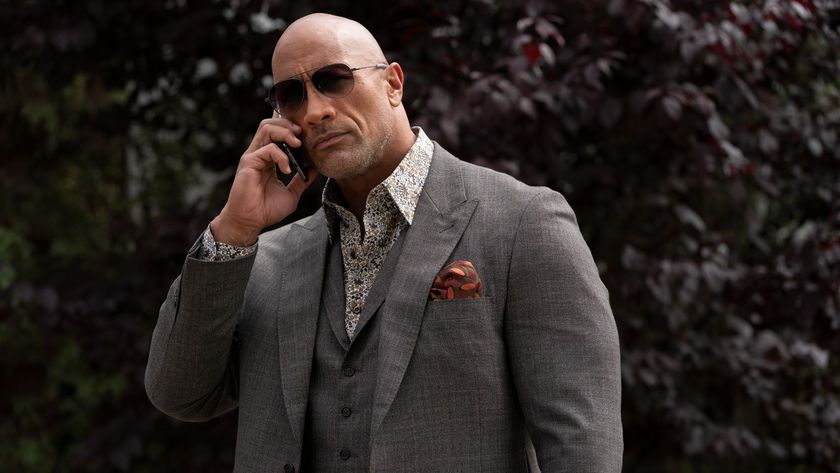
Dwayne "The Rock" Johnson is set to lead Martin Scorsese's new movie, which is being described as Goodfellas meets The Departed
Most Popular




